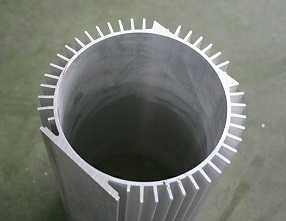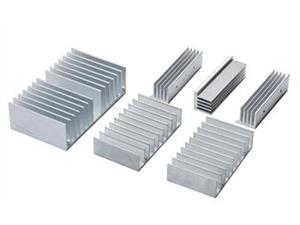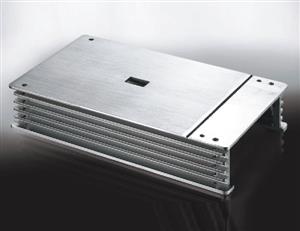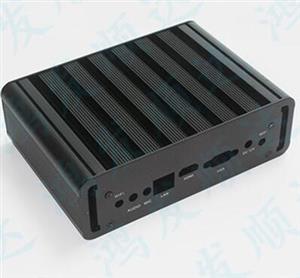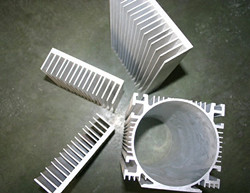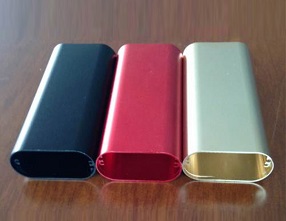contact us


Goldapple Aluminum Group
We provide customers with quality products and services.
If you would like to leave us a comment please go to
Contact Us

When using untreated aluminium heat sink outdoors, there are a number of factors one must take into consideration. On this page you will find information about the natural formation of oxide layer on aluminium that increases the corrosion resistance of the metal, as well as information about numerous conditions that can have a negative impact on its corrosion resistance.

The oxide layer makes untreated aluminium more corrosion-resistant:
When using untreated aluminium outdoors, a thin oxide layer is formed on the surface. When aluminium comes in contact with oxygen, an oxide layer forms, which is strongly attached to the aluminium surface. The layer protects the metal against further attacks, thereby increasing its resistance to corrosion. If there is oxygen in the surroundings where aluminium is located, the oxide layer will be restored should the aluminium be scratched, for example. At the same time, the layer is insoluble in water and resistant to numerous chemicals. Finally, the hardness of the oxide layer is equivalent to the hardness of glass. Because of the oxide layer formation, it is important to note that untreated aluminium does not retain its original, shiny surface.
Factors that should be avoided when using untreated aluminium in outdoor areas:
If untreated aluminium is used in outdoor areas, it is important to know that in spite of the relatively high corrosion resistance of aluminium, certain factors will affect the resistance of the metal to corrosion. For this reason, it is recommended that direct contact between aluminium and the following be avoided:
* Other metals, such as copper, lead and iron (especially under humid conditions)
* Inorganic acids (for example, hydrochloric acid and sulphuric acid)
* Formic acid, oxalic acid and chlorinated solvents
* Bases
* Mercury and its salts
* Sea water and chloride solutions
* Water containing heavy metals
* Damp wood types and wood impregnated with copper-containing salts
* Alkaline building materials, such as fresh concrete
However, there are various alloys and treatment methods that have the ability to reduce the corrosion that occurs on the aluminium surface due to some of the above factors.
